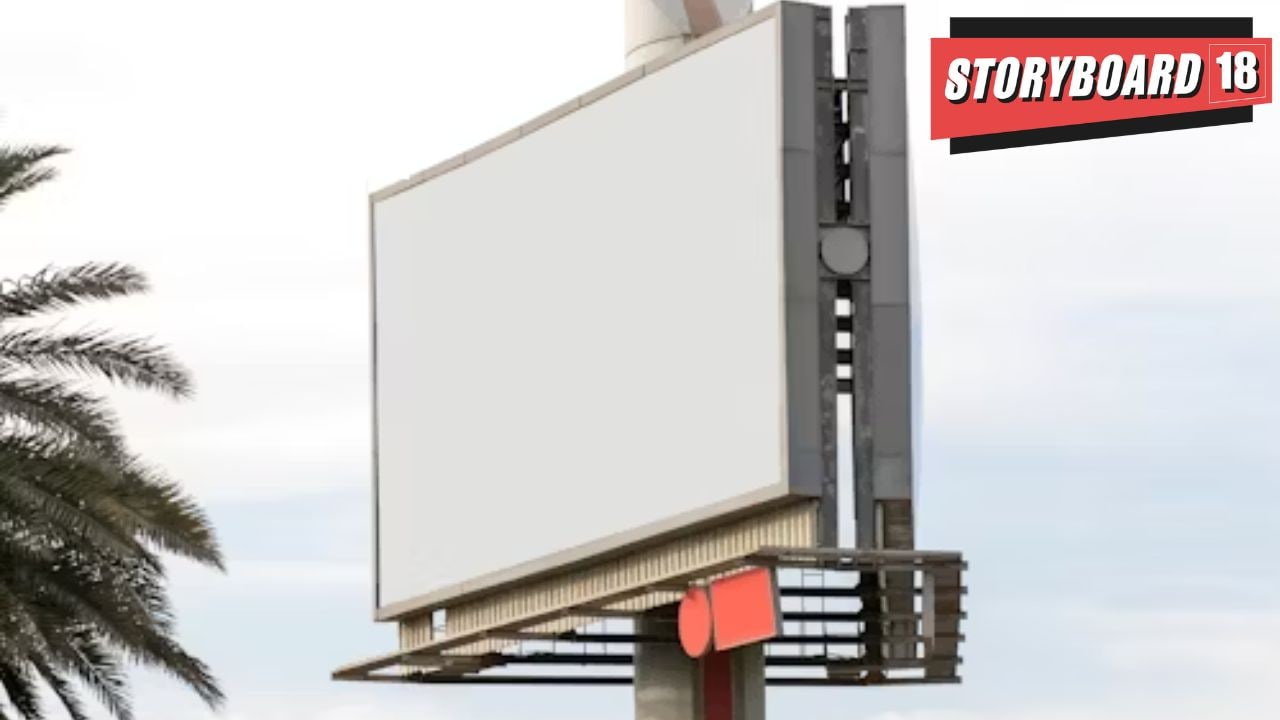Outdoor advertising agencies and associations have alleged that Brihanmumbai Municipal Corporation (BMC) has been not responding to their requests to have a face-to-face audience and discuss various reservations they have on the recently released draft OOH policy.
BMC’s newly drafted and revised OOH advertising policy seems to have attracted mixed feedback from the advertising industry and has sparked discussions over the ambiguities of the guidelines.
Released on August 9, the draft policy was earlier open for public suggestions till August 26, which was then extended to September 9. Ashwini Joshi, Additional Municipal Commissioner (City) then said, “We have extended the deadline to submit the feedback and suggestions. We will conduct a review meeting with stakeholders before finalising the draft.”
It is to be noted that bodies including the Indian Outdoor Advertising Association (IOAA) had requested the BMC to extend the deadline for submitting suggestions by two months, at least.
Although BMC has called for suggestions, industry stakeholders worry that the large number of submissions may lead to important perspectives being overlooked, making in-person meetings essential to ensure all voices are heard.
Praveen Vadhera, CEO of IOAA told Storyboard18, “Our previous experience has been that the suggestions are normally ignored because of the volume of suggestions that come in; BMC simply does not have the bandwidth to sort through all the suggestions.”
He further shared that the association has written to BMC quite a few times but has received no response so far.
“No, they haven’t given us an audience as yet,” said a media owner on anonymity.
IOAA, which represents key media owners across the country, in one of its many letters to Joshi said, “This submission is to request an audience with yourself and your team to deliberate on the new proposed guidelines. Having gone through them, we feel there quite a few critical issues not addressed or in some sense ambiguous leaving a window open for subjective interpretation during implementation thus an opportunity for collusion.”
“We feel that there is a scope to further streamline and crystalise these guidelines with clarity and specificity, so as there is no ambiguity,” it said.
Some of the suggestions it made in its letter include: “the focus of the guidelines is largely on hoarding, there is a need to diversify the forms of OOH which will augment both the aesthetics and social infrastructure in the city.”
Also, it said that a very important aspect of sustainability, environment and climate have been completely missed out. Globally this industry as well as IOAA are committed moving to AD-net zero by 2030. Additionally, safety norms can be further strengthened (borrowing from our international experiences), it suggested.
The association further urged, “We would earnestly request to grant an audience against this request, we say this since no heed has been paid to the numerous request sent earlier. It is essential that the OOH association and the industry partners with BMC to create great OOH for a great city, hence please grant an audience.”
BMC has not yet replied to this letter sent last week.
Read more: Media agencies fear BMC outdoor ad policy to negatively impact ad investments
Stakeholders in the past also shared with Storyboard18 that how the policy draft has been made in isolation with no consultation from the industry, despite giving multiple representations.
The draft policy in the current state at best vague, and prone to multiple subjective interpretations, leaving gaping holes in the endeavor to implement aesthetically designed structures.
Although formulated with ‘good intentions’ and to ‘ensure safety, prevent clutter and maintain urban aesthetics’, the industry has raised concerns about how the stringent guidelines may negatively impact advertising spends. Stakeholders have also said that the policy could potentially be burdensome for both media owners and authorities.
The 58-page policy includes revisions in the standard operating procedure to ensure structural stability, and has also proposed a 10% hike in licensee fees annually, backlisting of advertisers for non-payment of fee, and cover of Rs 5 lakh to Rs 1 crore in case of loss and damage due to a hoarding proportional to its size.
Additionally, regulations for digital hoardings include prohibiting video content in the right of way and multiple static images with a dwell time of a minimum of eight seconds.
Yogesh Lakhani, CMD, Bright Outdoor Media noted that the ban on video hoardings limits the potential for innovation in outdoor advertising. Additionally, the bank guarantee clause and increased license fees present challenges that could impact the sustainability of the OOH industry.
“We hope the authorities will consider these concerns and work with us to find solutions that support the growth of outdoor advertising in Mumbai,” he added.
Rohit Chopra, COO, Times OOH earlier told Storyboard18 that the proposed restrictions on operational timings for DOOH assets may pose challenges, particularly in a city like Mumbai that operates around the clock. These limitations could impact the return on investment (ROI) for media owners.
Read more: BMC’s new OOH advertising policy could do more harm than good, fear stakeholders
“We are apprehensive that the three-month permit renewal process, as it could become burdensome for both media owners and authorities. A streamlined renewal process and a single gateway for permissions would foster greater efficiency and ease for all parties involved,” he said.
That apart, IOAA is also seeking a legal recourse against BMC on the grounds that the existing OOH policy (which was introduced in April 2022) is valid till 2031.
